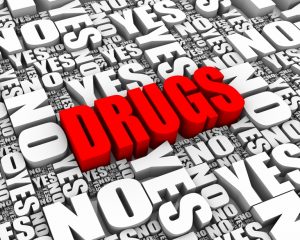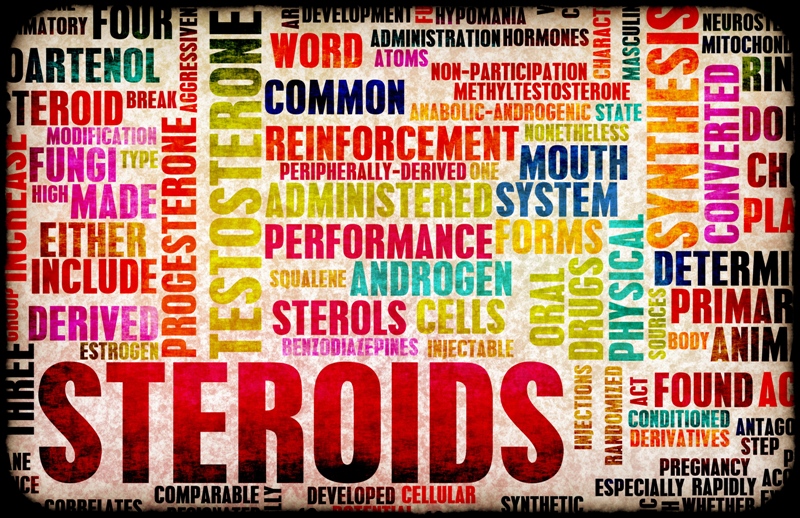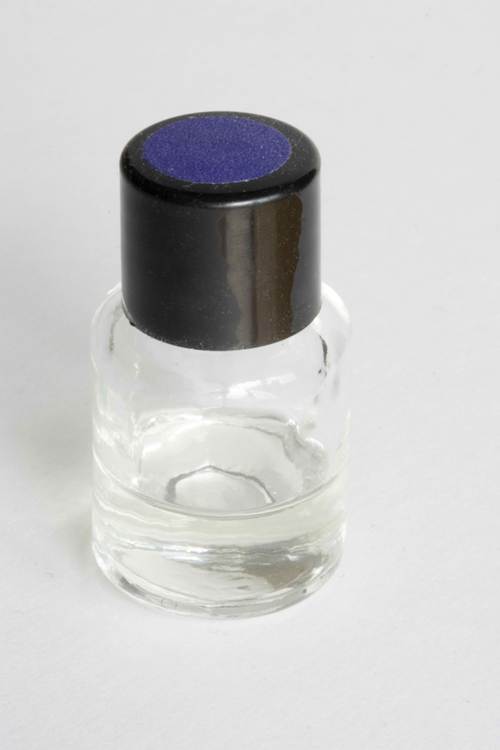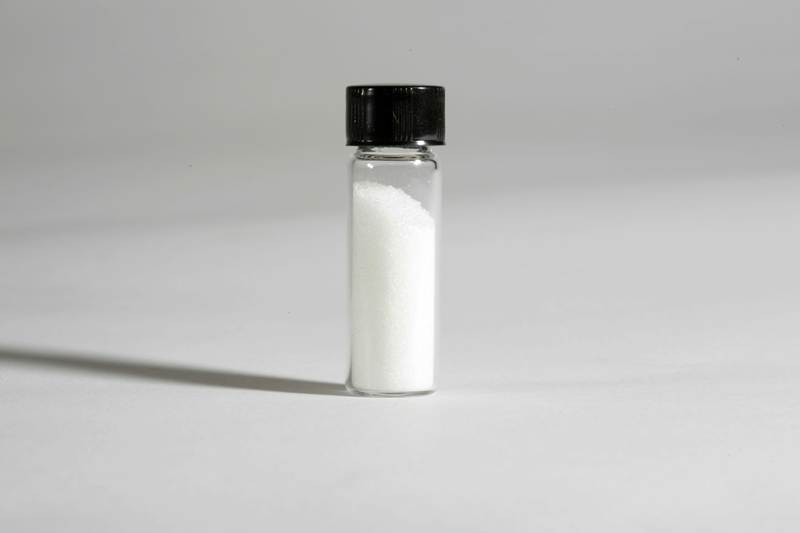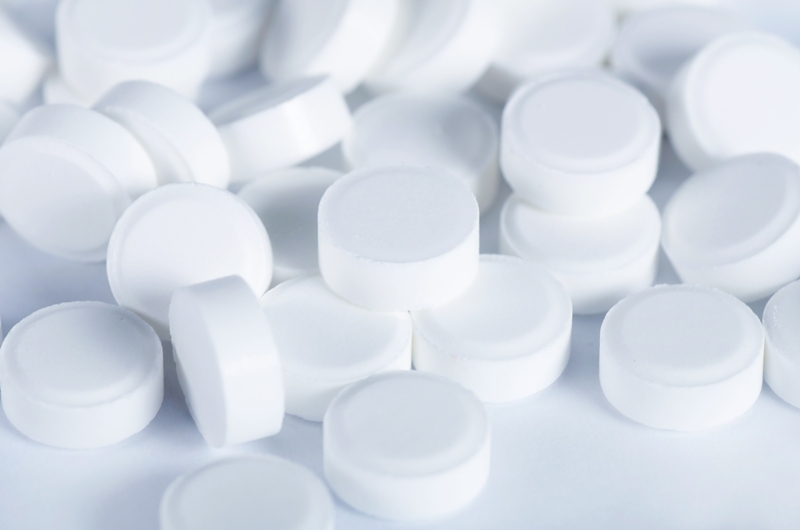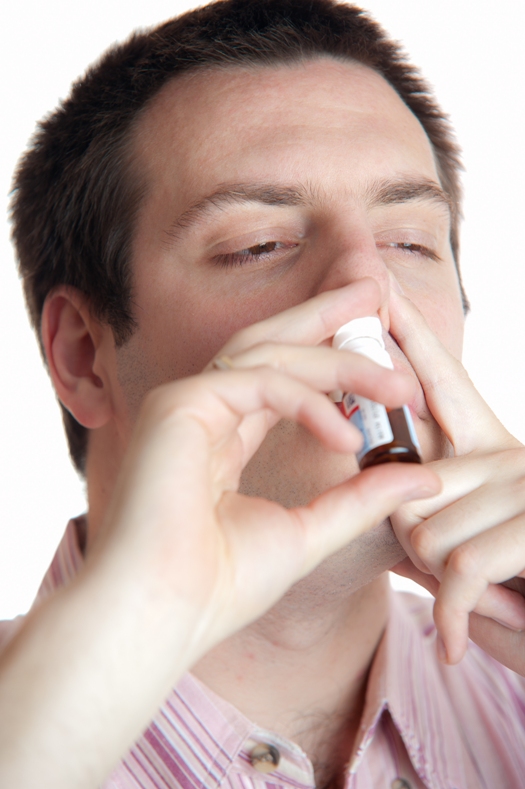Substance Use
Some people engage in recreational drug use for fun, relief, or to heighten sexual intercourse, but drug use can lead to a higher chance of contracting or transmitting HIV and other STDs.- Knowing the status of yourself and your partners
- Establishing ground rules (“make sure we use condoms”; “let’s not share needles”)
- Having safer sex and safer drug use supplies readily available (condoms and clean injection equipment)
Alcohol
What is alcohol?
What are the effects of drinking alcohol?
Low to moderate amounts can produce feelings of relaxation, lower inhibitions, and increased sociability. Larger amounts can cause dizziness, nausea, slurred speech, slower reflexes, sleepiness, bad judgment, dehydration and a hangover the next day. Overdoses can cause loss of motor control, black-outs, temporary coma (passing out), and in extreme cases, death.Is Alcohol addictive?
Alcohol is highly addictive and tolerance develops quickly with severe withdrawal symptoms including nervousness, tremors, seizures and hallucinations.What are the risks associated with Alcohol?
Long-term use of alcohol can damage the liver, brain and other organs, and can result in severe mental and physical problems. Consuming too much alcohol at once can cause death through acute alcohol toxicity. Alcohol impairs vision and motor coordination. Driving while intoxicated is illegal and endangers yourself and others. Mixing alcohol with over-the-counter medications, prescription medications, or illegal drugs is dangerous and can lead to medical emergencies. Additionally, alcohol can lower inhibitions, which in turn may lead to high-risk sexual activities. If you or someone you know thinks that they may have a problem with Alcohol click here for more information.Anabolic Steroids
What are anabolic steroids?
How are anabolic steroids used?
Anabolic steroid can be injected, taken orally through pills, rubbed on through creams and gels, or be used in the form of a skin patch. Injection is the most common form of administration and is typically done through the muscle of the body. In serious cases of abuse, up to 100 times the recommended medical amount can be taken. When a person takes two or more different type of anabolic steroids at a time they are taking part in “stacking”, a practice meant to increase muscular mass at a faster rate. When anabolic steroids are used by those in the medical field, these drugs are used to prevent bone loss, increase levels of testosterone in those with low amounts, help those with cancer, assist in the process of puberty, encourage eating, and help those with liver problems. If someone uses anabolic steroids illegally they typically use them to increase muscle mass (which may also improve physical appearance), reduce the amount of fat in the body, and improve sports performance. Illegal steroids are typically taken by sports players, teens, and body builders but can also be taken by females and business men.What are the effects of anabolic steroids?
The effects of steroids are proven to be very harmful, and although beginning physical effects may seem worth the risk, internal damage associated with these drugs can be irreversible. Drug treatment centers have proven effective in treating users of anabolic steroids and many offer specialized treatment programs to promote a full recovery. Long-term effects of steroid use include:- cancer
- depression
- liver disease
- tumors in the kidneys and liver
- jaundice
- heart complications
- AIDS/ HIV
